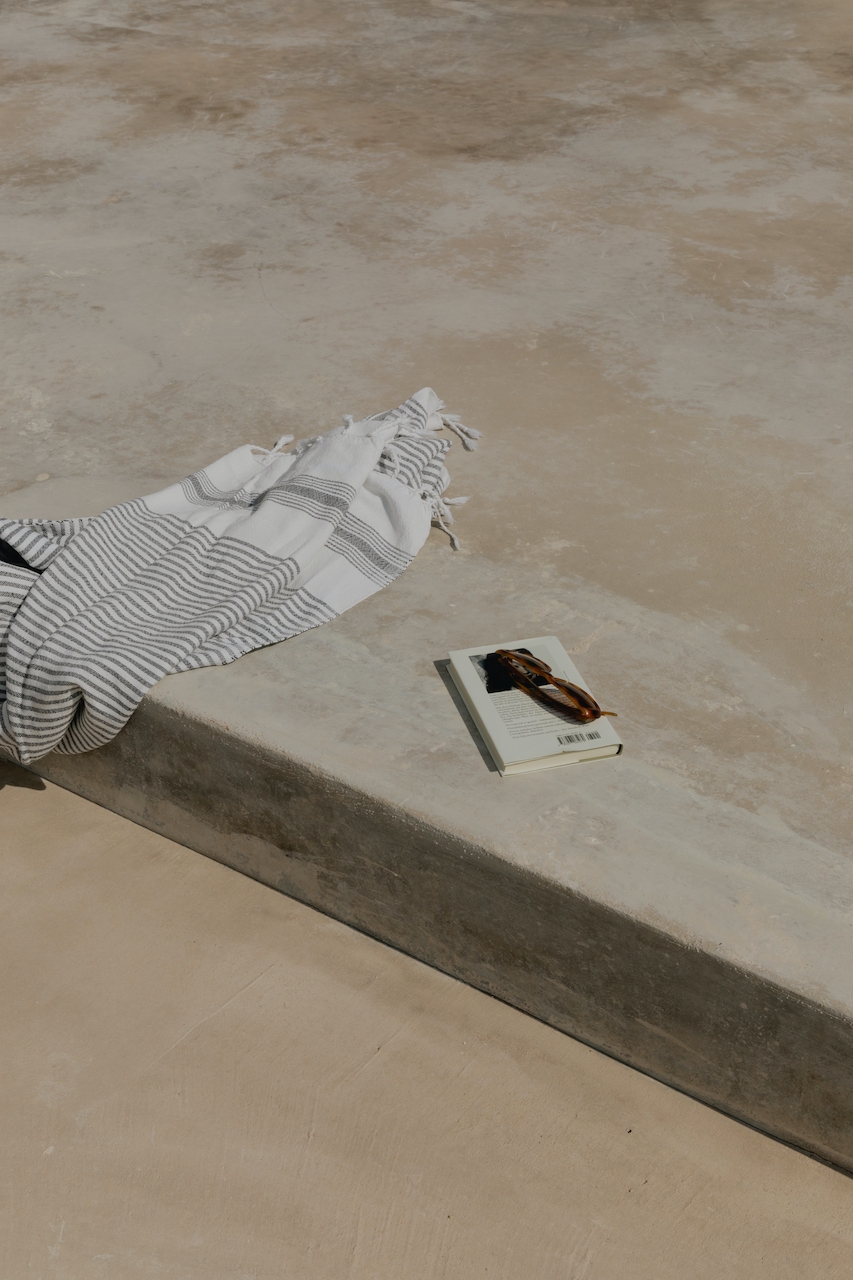
The day I learned about projective identification is the day I knew I found a therapist who was a good fit for me.
I had been in therapy for a while but never left a session with lingering thoughts for days about what I learned before. My original therapist did a great job of making me feel safe. Yet, I always felt like I had to present a more conservative version of myself when talking to her.
The turning point in my decision to get involved with someone else was a difference in both perspective and approach. In our first session, my new therapist demonstrated a cultural familiarity I had not felt before. Clearly, she understood the experience of a hyphenated American in creative pursuit, which automatically hooked my attention.
Hurt people, hurt people
She asked direct questions about relationships from my past I had forgotten all about. With this insight, she pointed out how these bonds impacted my self-image and decision-making criteria. She explained projective identification as one person coming into a relationship with unresolved trauma, dealing with it by projecting it onto another. Essentially as the saying goes, “hurt people, hurt people”.
It wasn’t my first time being introduced to the concept. However, it was the first time I considered how it might have shaped my experience. Most of all, I loved not feeling like I had to filter what I was sharing. I was able to speak plainly, and she was able to rephrase what I said in an objective manner.
Instead of the “so tell me how that made you feel” approach, she would use a different kind of talk therapy. We agreed we were going to review my entire upbringing, starting with my parents and the origins of their relationship. Next, we dove into all the important relationships I’ve had with other people between then and now. In doing so, she called out patterns in my thinking and behavior, and hold blindspots up in a mirror for me to look at.
What can you expect from going to therapy?
Therapy is not a magic pill. Its purpose is to bring your behavior patterns into consciousness so that once you know better, you can do better. Bringing awareness and intention to your actions can benefit you in numerous ways:
- You learn to take accountability for your actions and decisions.
- You gain clarity. A realistic view of what’s going on, unclouded by triggers, necessitates better decisions about your health and well-being.
- You improve your negative self-talk and deepen your relationship with yourself. Understand how to make peace with the wolves in your head.
- You end generational cycles of trauma. Heal those wounds instead of passing them on to others.
How will you know if therapy is working?
If you’re in therapy and you want to know if it’s really valuable, you can assess by asking yourself one question:
Am I experiencing breakthroughs?
A breakthrough in therapy is that “aha” moment. You realize something new about a limiting belief you’ve had for a long time. You discover a newfound understanding or perspective on something you were convinced was true. Sometimes having a breakthrough means simply surrendering to a truth you acknowledge it’s time to accept.
What’s the biggest breakthrough you’ve ever experienced in therapy?
For more tips and insight on self-care and personal growth, subscribe to the Self-Care Drip 💧 monthly newsletter.


















One response to “What’s A Therapy Breakthrough?”
[…] RELATE. The next necessary step in working towards effective communication is to create a consistent pattern of engagement that helps the person’s brain register interactions with you as “safe”. This is why when you start seeing a new therapist, it typically takes 10-20 sessions before you feel comfortable really opening up or are able to experience a breakthrough. […]